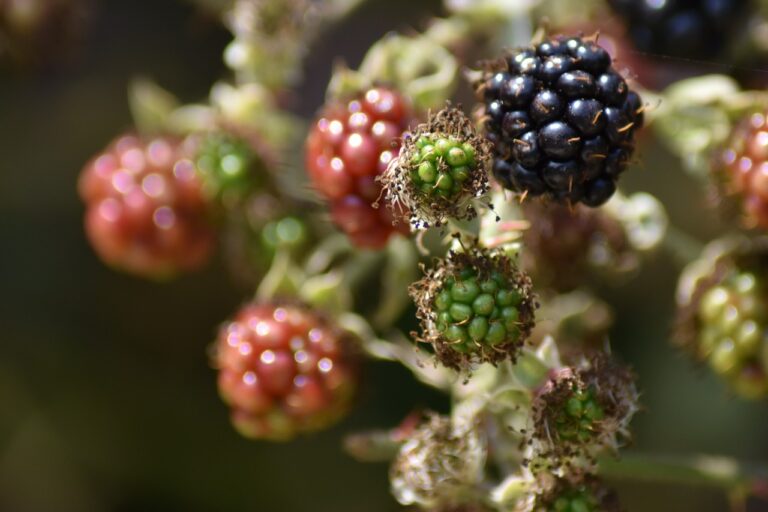Organic vs. Conventional Poultry Farming: Cricbet99 book, Reddy book 247, Play lotus 365 com
cricbet99 book, reddy book 247, play lotus 365 com: When it comes to poultry farming, there are two main methods that farmers can choose from: organic and conventional. Each method has its own set of practices and benefits, but it’s important to understand the differences between the two before deciding which one is right for you.
Organic poultry farming involves raising chickens without the use of synthetic chemicals, antibiotics, or genetically modified organisms. Instead, organic farmers rely on natural methods to promote the health and well-being of their birds. This can include providing organic feed, access to the outdoors, and ensuring that the birds are able to engage in their natural behaviors.
On the other hand, conventional poultry farming typically involves raising chickens in large-scale operations where synthetic chemicals and antibiotics are used to promote growth and prevent disease. Chickens in conventional farms are often kept in crowded conditions and may not have access to the outdoors or be able to engage in natural behaviors.
So, which method is better for both the chickens and the consumers who eat their meat and eggs? Let’s explore the differences between organic and conventional poultry farming to help you make an informed decision.
Organic Poultry Farming
Organic poultry farming focuses on raising chickens in a way that promotes their health and well-being without the use of synthetic chemicals or antibiotics. Organic farmers follow strict guidelines set by certifying agencies to ensure that their birds are raised in a natural and sustainable manner.
Benefits of Organic Poultry Farming:
1. Healthier birds: Organic chickens are typically healthier than their conventional counterparts because they are raised in a way that promotes their natural behaviors and immune systems.
2. Nutrient-dense eggs and meat: Organic eggs and meat are often higher in nutrients such as omega-3 fatty acids and vitamins because the chickens are fed a diet that is free of synthetic chemicals and antibiotics.
3. Environmental sustainability: Organic poultry farming practices are designed to be sustainable and environmentally friendly, minimizing the use of synthetic chemicals and reducing pollution.
4. No antibiotics or synthetic hormones: Organic chickens are not given antibiotics or synthetic hormones, reducing the risk of antibiotic resistance and potential harm to human health.
Challenges of Organic Poultry Farming:
1. Higher costs: Organic poultry farming can be more expensive than conventional farming due to the higher costs of organic feed and labor-intensive practices.
2. Lower production yields: Organic farming practices may result in lower production yields compared to conventional farming, which can impact profitability.
Conventional Poultry Farming
Conventional poultry farming involves raising chickens in large-scale operations that use synthetic chemicals and antibiotics to promote growth and prevent disease. While this method is often more cost-effective than organic farming, it also comes with its own set of challenges.
Benefits of Conventional Poultry Farming:
1. Lower costs: Conventional poultry farming is typically more cost-effective than organic farming due to the use of synthetic chemicals and higher production yields.
2. Higher production yields: Conventional farming practices often result in higher production yields, making it easier for farmers to meet consumer demand.
3. Consistent quality: Conventional poultry farming practices are designed to produce consistent quality meat and eggs that meet industry standards.
4. Longer shelf life: Conventional poultry products may have a longer shelf life compared to organic products due to the use of preservatives and other additives.
Challenges of Conventional Poultry Farming:
1. Health concerns: Conventional chickens are often treated with synthetic chemicals and antibiotics, which can raise concerns about the impact on human health and antibiotic resistance.
2. Environmental impact: Conventional poultry farming practices can have a negative impact on the environment, including pollution and soil degradation.
3. Animal welfare: Conventional chickens are often raised in crowded conditions with limited access to the outdoors, which can impact their health and well-being.
FAQs
1. Is organic poultry farming better for the environment?
Organic poultry farming practices are designed to be more environmentally sustainable than conventional farming, as they minimize the use of synthetic chemicals and reduce pollution. However, the environmental impact of both methods can vary depending on the specific practices used by each farmer.
2. Are organic eggs and meat healthier than conventional products?
Organic eggs and meat are often higher in nutrients such as omega-3 fatty acids and vitamins compared to conventional products. This is because organic chickens are fed a diet that is free of synthetic chemicals and antibiotics, which can impact the nutritional quality of the final product.
3. Why are organic poultry products more expensive than conventional products?
Organic poultry farming can be more expensive than conventional farming due to the higher costs of organic feed, labor-intensive practices, and certification requirements. These costs are passed on to consumers, resulting in higher prices for organic products.
4. Are there any regulations in place to ensure the quality of organic poultry products?
Organic poultry farming is regulated by certifying agencies that set strict guidelines for farmers to follow in order to receive organic certification. These guidelines cover everything from feed requirements to animal welfare practices to ensure that organic products meet industry standards.
In conclusion, both organic and conventional poultry farming have their own set of benefits and challenges. It’s up to individual farmers and consumers to weigh these factors and decide which method aligns best with their values and priorities. Ultimately, the goal should be to raise healthy, sustainable poultry products that meet consumer demand while also prioritizing animal welfare and environmental sustainability.







